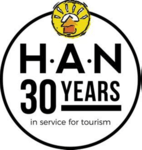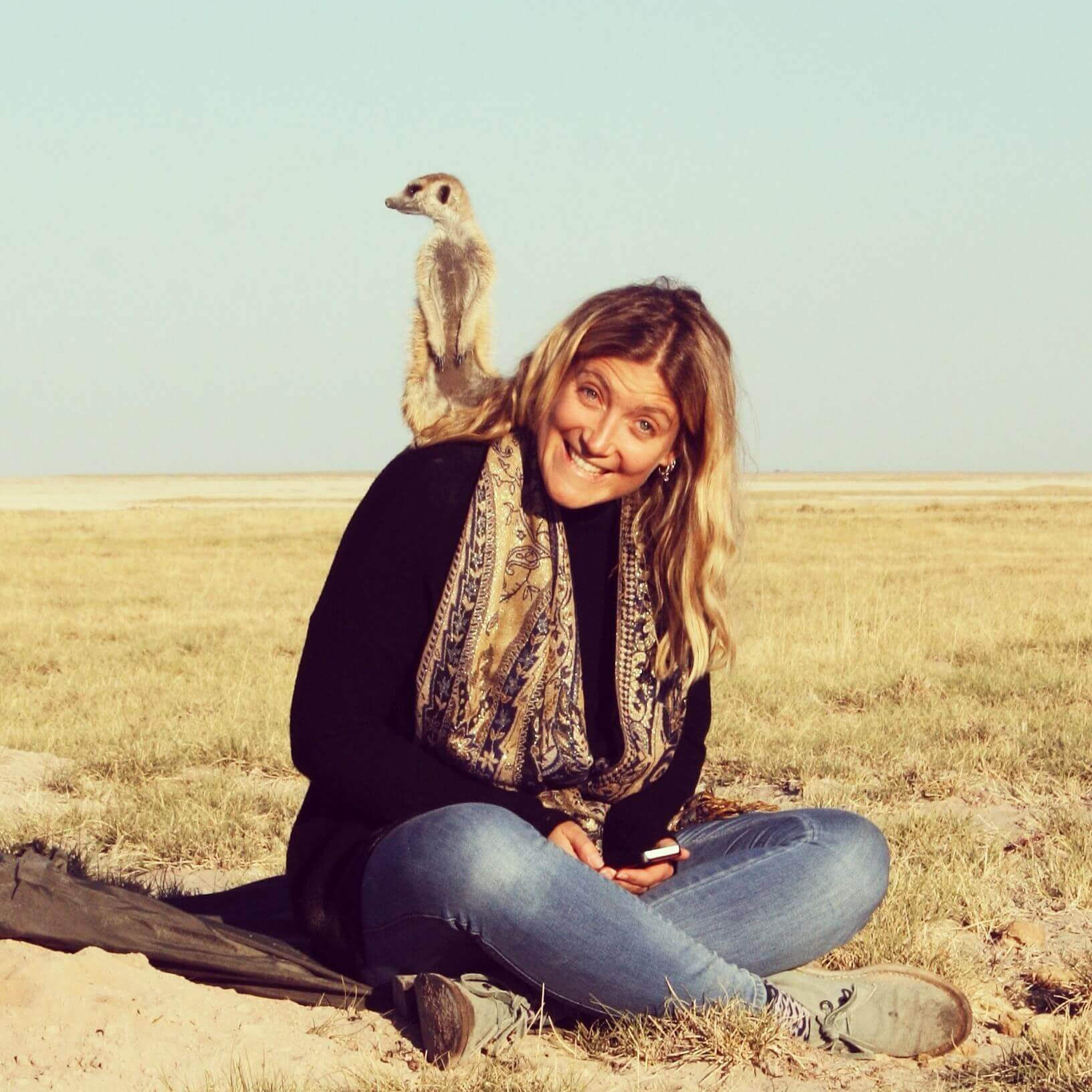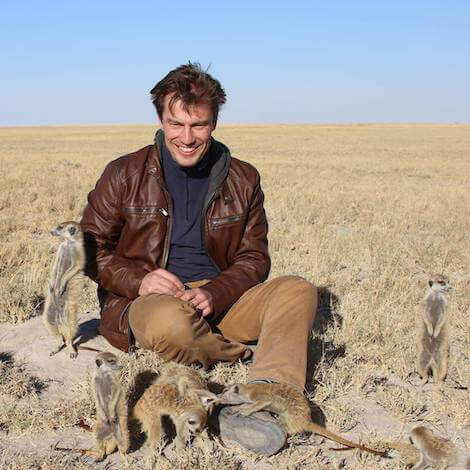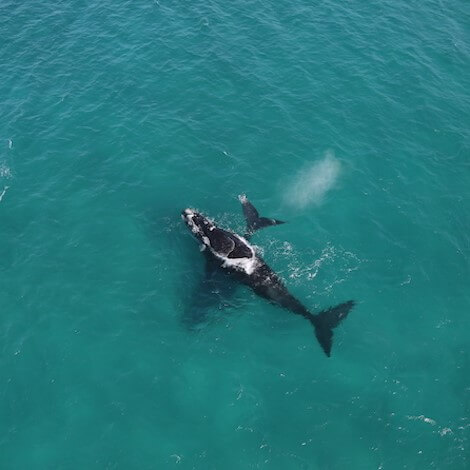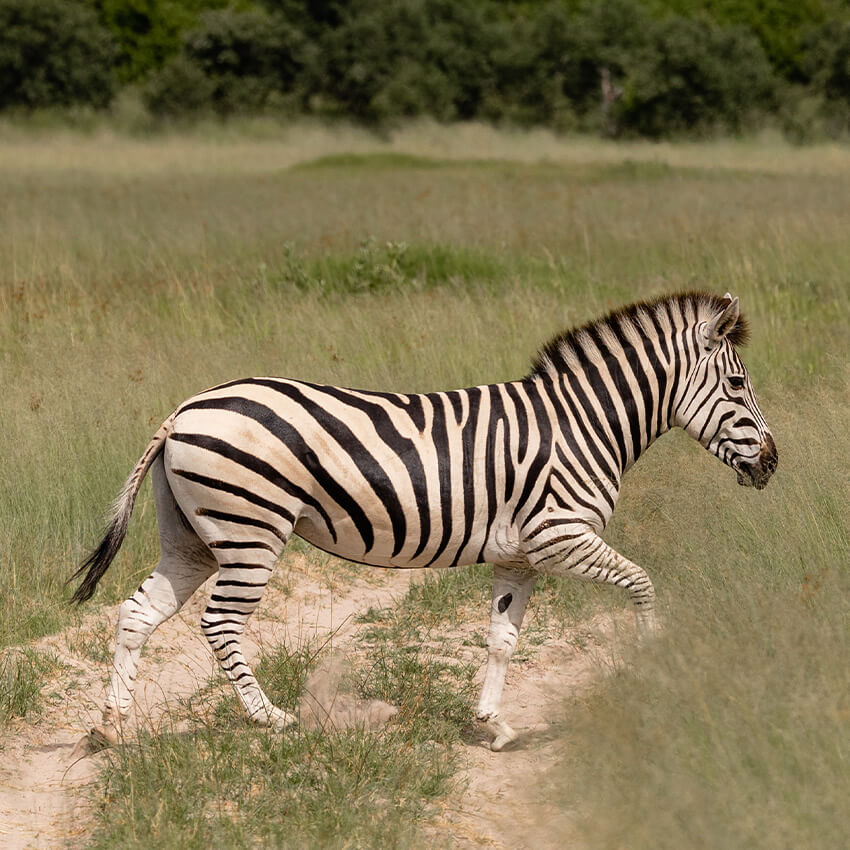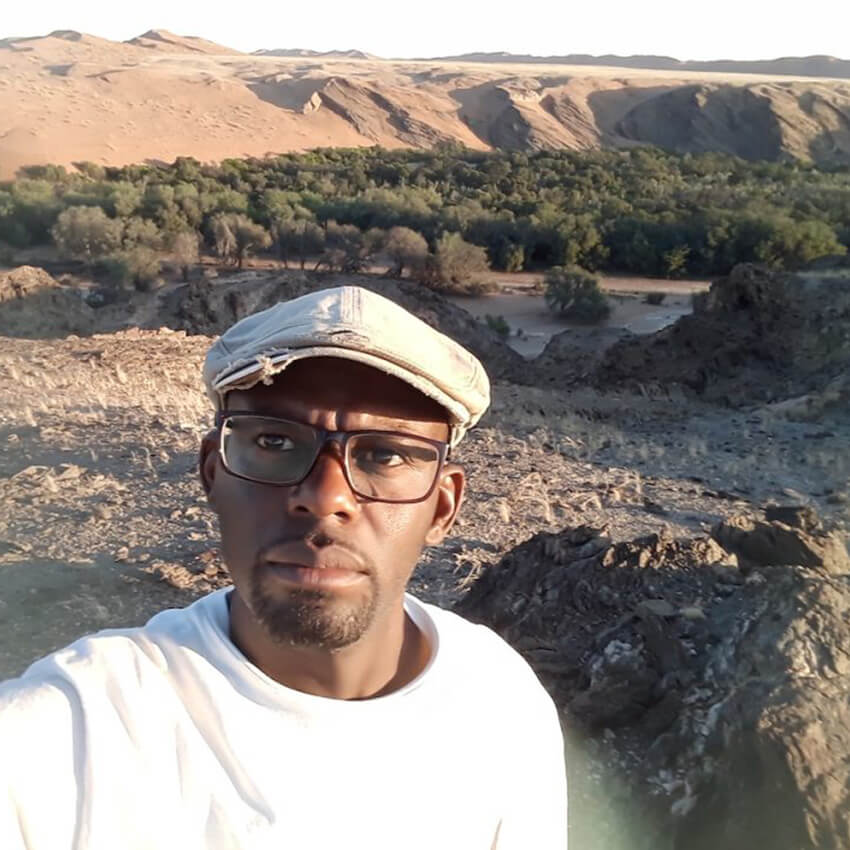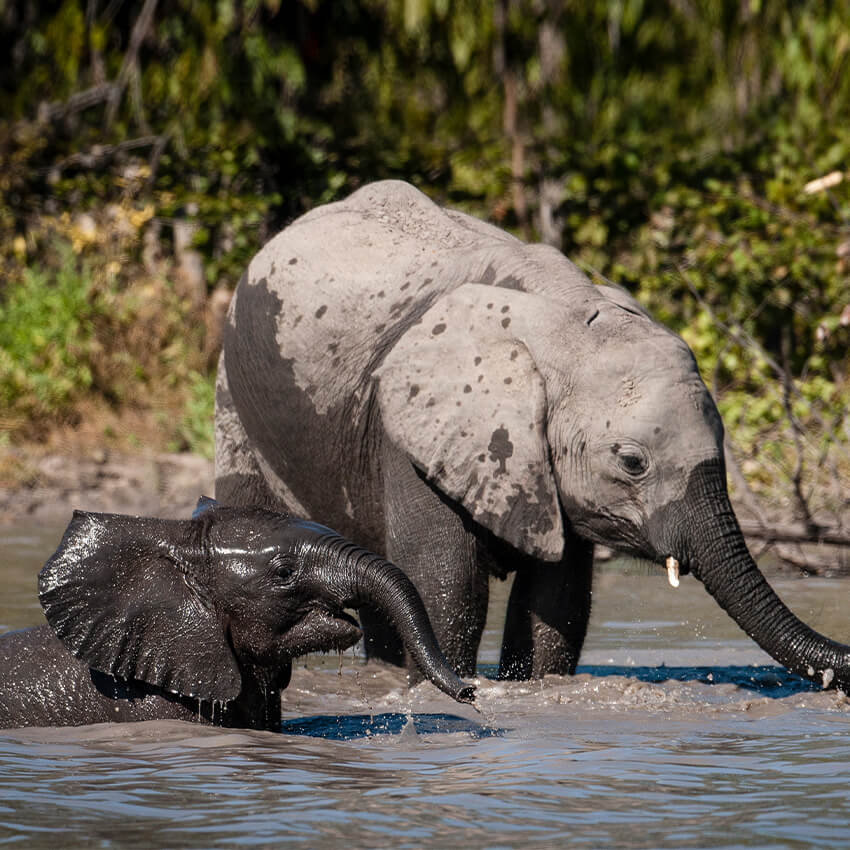Active
Popular
Essential Oils & Camp Education: How We’re Changing Lives Through Our Camp Tawana
 Pru Allison
Pru Allison
 May 15, 2024
May 15, 2024
Something very exciting is happening this month; our premier lodge Tawana opens. For many months we’ve been spellbound by the extraordinary wildlife that frequents this area, so to see a luxury lodge befitting the safari experience take shape has been immensely gratifying.
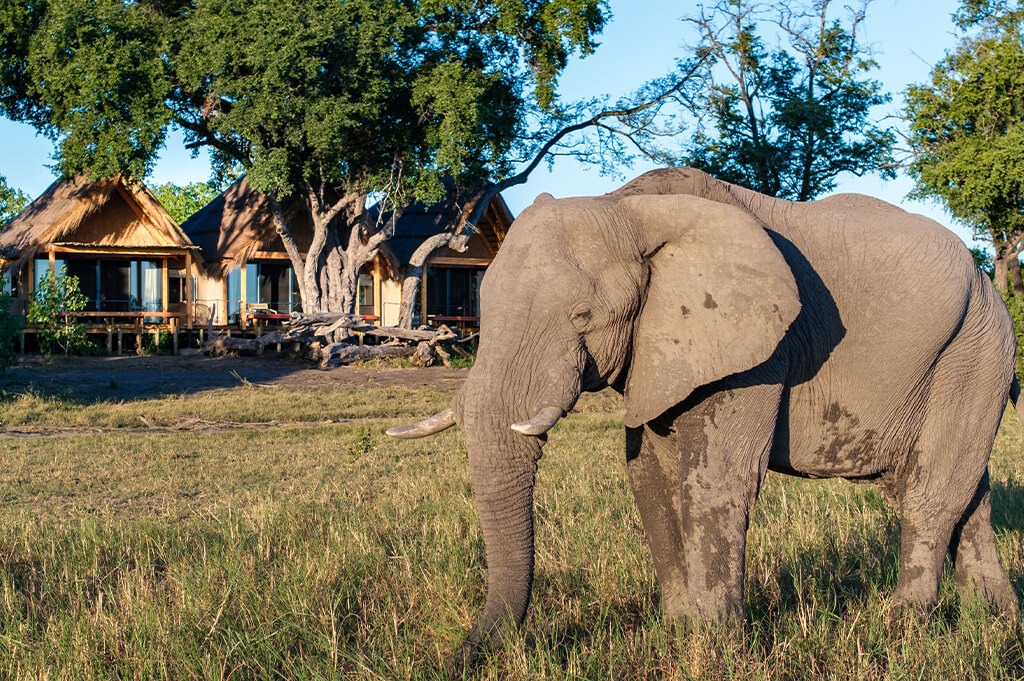
A luxury lodge like Tawana is also great news for the community and conservation work that underpins all we do. 1.5% of every guest’s stay at Natural Selection’s camps is committed to regional conservation and community outreach initiatives. Over and above this, we have a per person per night Conservation, Community and Reserve Fee which funds the protection of wildlife, wildlife habitat and supporting communities, as well as managing reserves and concessions.
So, with a new lodge comes new funding for conservation and community.
Two brand new projects are underway: a preschool in the local village of Shorobe and a new project within the Botswana Predator Conservation Trust’s (BPCT) BioBoundary programme.
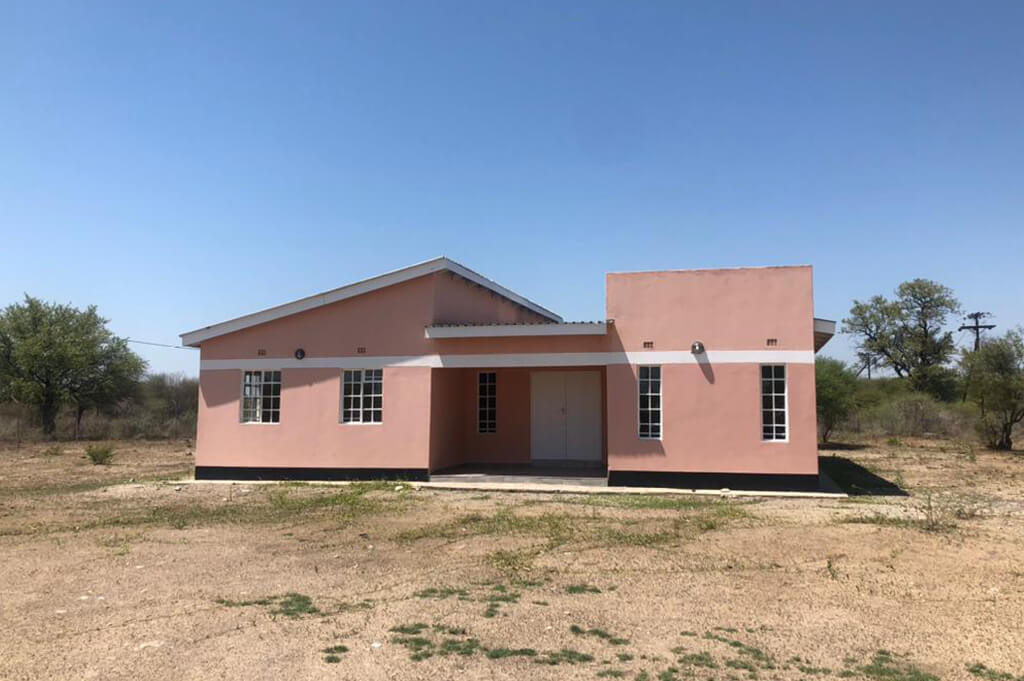
We always consult the local community who live close to our new lodges to find out what they need, and often we find that the need for education ranks highly. Shorobe village’s Village Development Community (VDC) were given a new building by Botswana Government for use as a preschool. Early childhood education is something that very few children have access to in northern Botswana so the VDC were soon looking for occupiers to provide this service. It just so happens that Natural Selection was looking for such a building to set up their next early education centre. Synchronicity? Our own powerhouse Community Outreach Manager, Sandra Rubins, was quickly onto it.
“As soon as they put it up for rent, we went into the village to discuss a preschool,” smiles Sandra, amused by the good fortune. “Our proposal was accepted, so we’re renting the building from the VDC and we pay upfront for the year, which provides them with cash for other village projects. It’s a very new building but we still need to do a little renovation and painting to jazz it up a bit!”
Sandra is currently hard at work getting everything in place so that the preschool can open alongside the lodge.

“Tawana preschool is going to be called The Learning Trees Preschool,” she tells us. “It’ll have two teachers and between 40 and 50 children. We hope that everything will be in place for the school to open alongside the lodge itself – I’m going to be very busy in the coming weeks!”
Alongside education, comes the need to address human-wildlife conflict, which is rife in these villages that border Moremi Game Reserve. As is the case in many wilderness areas animals and people can find themselves vying for space, making conflict and dangerous encounters between the two inevitable. Elephants make life particularly challenging for subsistence farmers whose crops are hugely appealing to the enormous pachyderms. The knock-on effects of this include loss of food security and income for farmers, destruction of infrastructure and sometimes even mortalities. The only way that elephants and farmers can coexist is if a solution can be found.
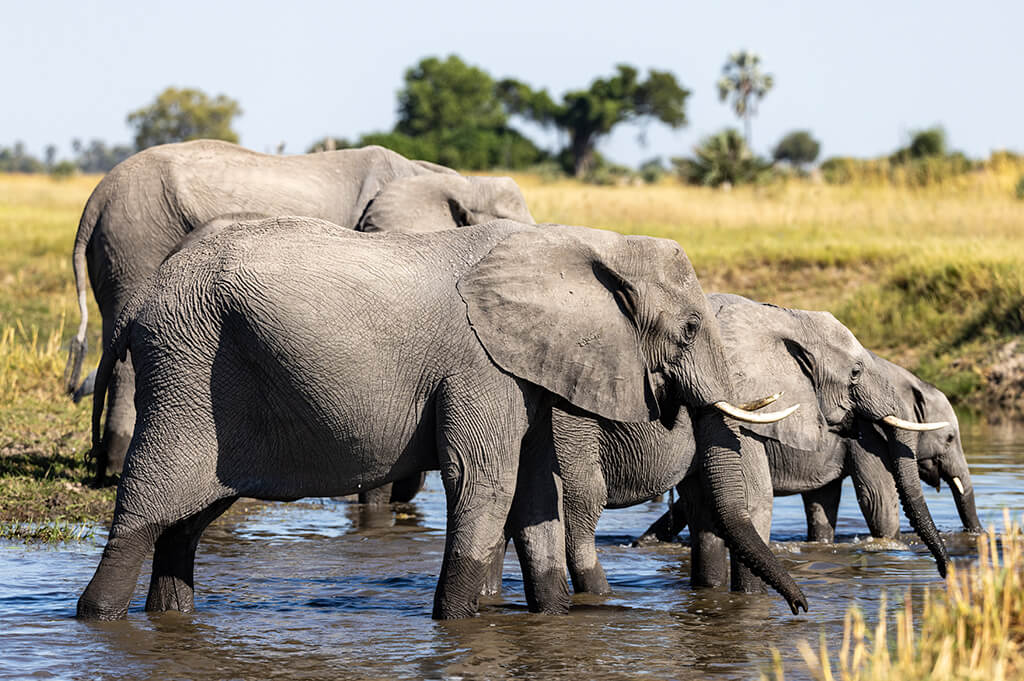
In an effort to find a way forward we’ve partnered with the Botswana Predator Conservation Trust’s BioBoundary Project. Originally set up to research solutions for human-wild dog conflict by using artificial scent marks, the programme has begun a new project addressing human-elephant conflict using similar tools.
“Over millions of years, plants have evolved chemical defences to deter animals from eating them,” explains senior researcher Dr. Peter Apps. “These defences include the airborne chemicals that give some plants strong and distinctive odours – most familiar to humans as essential oils, herbs and spices – that repel herbivores such as elephants. We are researching which plant odours might be practical tools for keeping elephants away from crops and water infrastructure. We have tested six essential oils so far, four of them have no effect on elephants, the other two stop them from breaching fences or passing through gaps and gateways.”
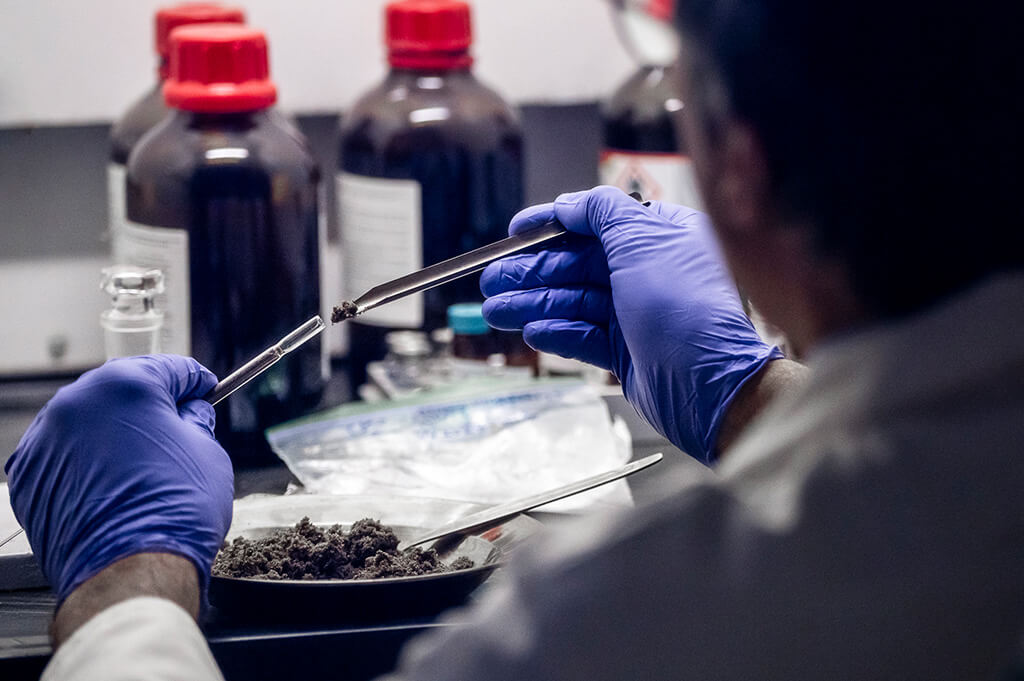
We hope that Botswana Predator Conservation Trust will be able to develop an inexpensive low-tech means of dispensing repellents, based on locally available materials. Dr. Apps and his team are hard at work, thanks to the ongoing funding generated by Tawana and the Natural Selection Conservation Trust.
“The most potent repellents will be tested at larger scale, around crop fields and at water installations for livestock and irrigation.” Continues Dr. Apps. “Some of the plants could be grown locally to produce deterrent, or as barrier planted around crops – that is another avenue of investigation… The long-term aim is to reduce the scale and intensity of human-elephant conflict, which will protect both elephants and rural livelihoods”
The success of early trials means this could be the first alternative to chilli peppers (which are currently widely used as elephant deterrents) and strongly suggests there are other repellents yet to be discovered.
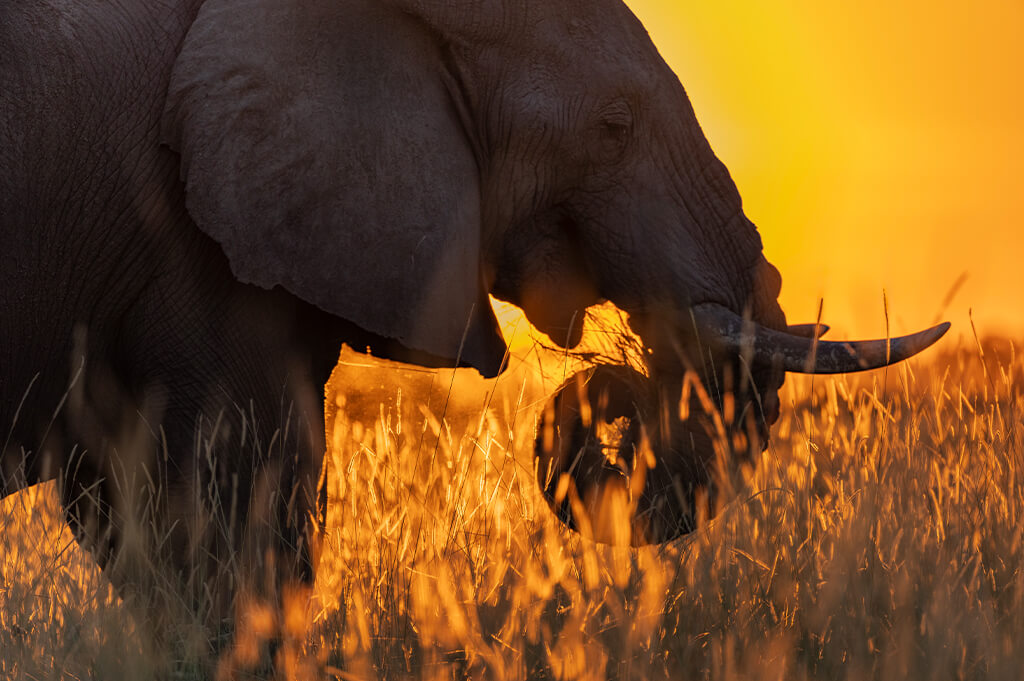
We’ve been in awe of the wildlife at Tawana, but what’s even more extraordinary is the life-changing work being done (reflected in The Learning Tree’s young pupils ground-breaking research) to hopefully bring about a peaceful co-existence between farmers and elephants.
Special Offers
Our special offers are designed to help you experience everything southern Africa has to offer whilst also saving some all-important pennies. Whether you’re about to embark on a once-in-a-lifetime solo trip, or are celebrating a special occasion, have a peek at our offers and see what could be in store for you.

